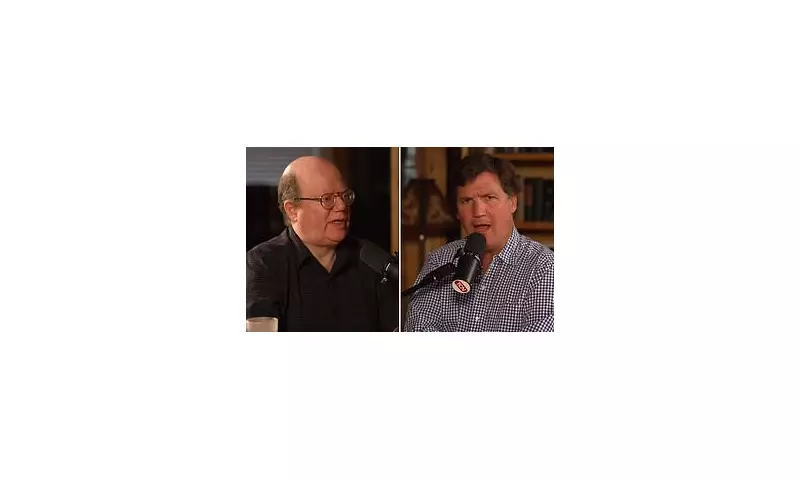
In a stunning revelation that strikes at the heart of digital information integrity, Wikipedia co-founder Larry Sanger has made explosive claims that intelligence agencies, including the CIA, systematically manipulated the online encyclopedia's content.
The Whistleblower's Account
Sanger, who co-founded the crowdsourced platform in 2001, alleges that government operatives deliberately 'hijacked' entries concerning highly sensitive geopolitical matters. The most significant manipulations reportedly involved topics where Western intelligence agencies had substantial vested interests.
Targeted Subjects Revealed
According to Sanger's detailed account, the compromised Wikipedia entries included:
- The Iraq War - Articles allegedly sanitised to present a more favourable narrative of the conflict
- Global terrorism - Entries purportedly shaped to align with intelligence community perspectives
- Political figures - Profiles of controversial leaders potentially manipulated
- Intelligence operations - Classified activities possibly whitewashed or obscured
A Pattern of Manipulation
Sanger describes witnessing what he believed to be coordinated editing campaigns, where multiple accounts would systematically alter content to reflect specific narratives. The sophistication of these operations suggested more than casual editing - it pointed to professional, possibly state-sponsored activity.
'The patterns were too consistent, the timing too strategic, and the content too aligned with intelligence community interests to be coincidental,' Sanger asserted in his recent statements.
Wikipedia's Response Challenges
The Wikimedia Foundation, which operates Wikipedia, maintains strict policies against coordinated editing and conflicts of interest. However, Sanger argues that detecting sophisticated state-level manipulation remains exceptionally challenging, even with the platform's extensive moderation systems.
The Broader Implications
These allegations raise profound questions about information integrity in the digital age:
- How can crowdsourced platforms protect against state-level manipulation?
- What responsibility do platforms bear for verifying editor identities?
- To what extent has public understanding of critical events been shaped by covert editing?
A Call for Transparency
Sanger's revelations come amid growing global concern about digital misinformation and state-sponsored online influence operations. His claims suggest that even platforms built on principles of transparency and collective verification remain vulnerable to sophisticated manipulation.
The Wikipedia co-founder's statements have ignited fresh debate about the integrity of the world's most popular online encyclopedia and the hidden forces that may be shaping the information millions rely upon daily.




